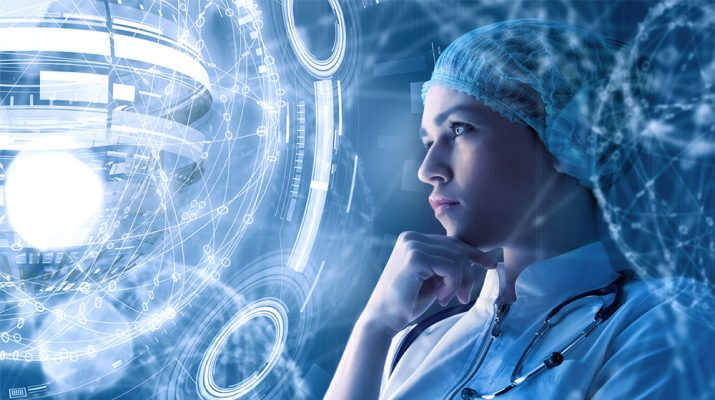Artificial intelligence (AI) is poised to upend the practice of medicine, boosting the efficiency and accuracy of diagnosis in specialties that rely on images, such as radiology and pathology. But as the technology gallops ahead, experts are grappling with its potential downsides.
“Just working with the technology, I see lots of ways it can fail,” says Albert Hsiao, a radiologist at the University of California, San Diego, who has developed algorithms for reading cardiac images and improving their quality. One major concern: Most AI software is designed and tested in one hospital, and it risks faltering when transferred to another.
Last month in the Journal of the American College of Radiology, U.S. government scientists, regulators, and doctors published a road map describing how to convert research-based AI into improved medical imaging on patients. Among other things, the authors urged more collaboration across disciplines in building and testing AI algorithms, and intensive validation of algorithms before they reach patients. For now, Hsiao says, “I would want a human physician no matter what,” even if a machine hums alongside.
Most AI in medicine is used in research, but regulators have already approved some algorithms for radiologists. Physicians are also developing their own—which they’re permitted to use without regulatory approval as long as companies aren’t marketing the new technology. Studies are testing algorithms to read x-rays, detect brain bleeds, pinpoint tumors, and more.
……………………………….
Read more at: SCIENCE




